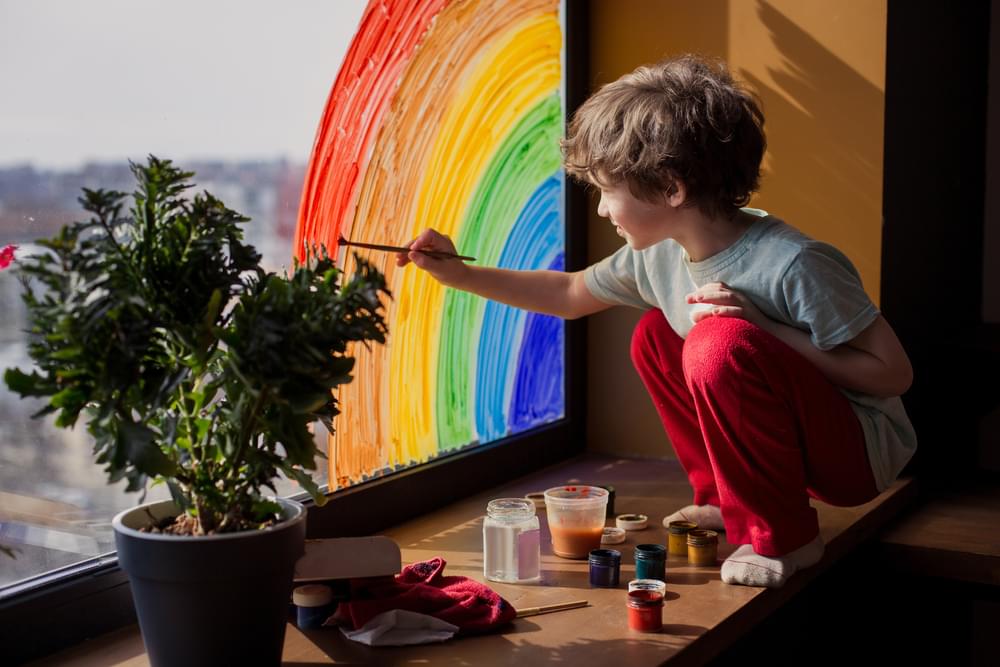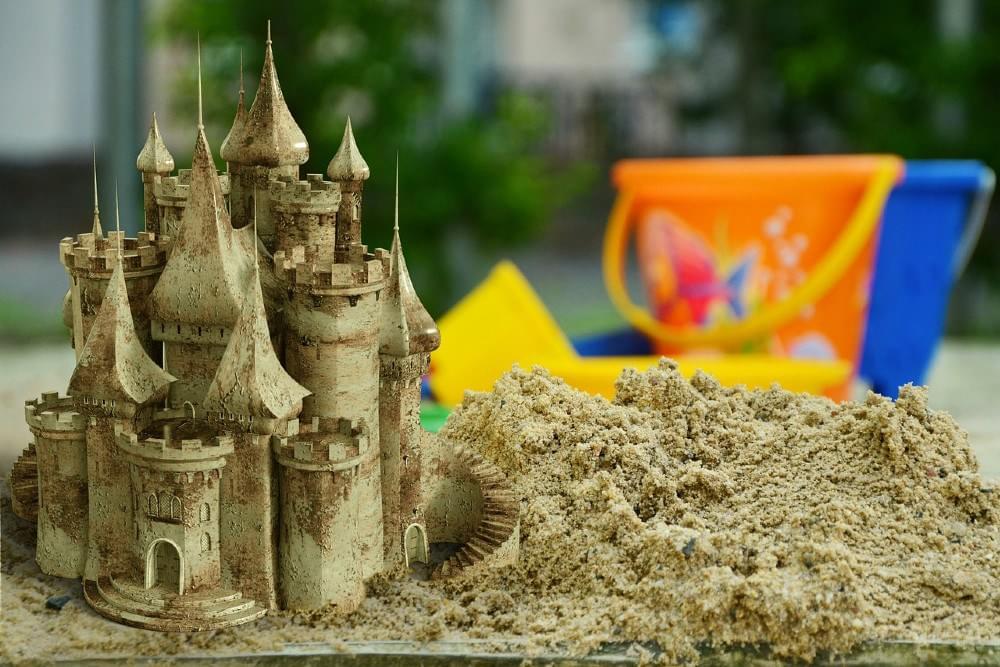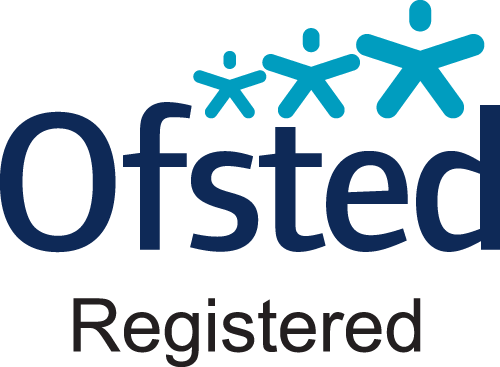Therapeutic Care And PACE Parenting

First Blue Healthcare’s aim is to promote a stable, secure environment that puts mental well-being at the forefront of our care.
Many of the children and young people in our care have developmental trauma and as such we understand the importance of being empathic and using an approach based on the PACE model of therapy. The staff provides support for the children and young people using a therapeutic approach of parenting, and the Dyadic Developmental Psychotherapy (DDP) principle which underpins the PACE model.
PACE stands for:
Playfulness
Acceptance
Curiosity
Empathy
Therapeutic Parenting
PACE is an approach that can provide the most troubled and traumatised children with the specific care they need. This model ensures therapeutic practice across all of the homes; providing a safe environment mentally and emotionally to improve the outcomes for the children.
Staff Training
Training is delivered to the staff within their homes, usually during team meetings. This requires looking at the child’s presentation, referral, and the presence of adverse childhood experiences. Practitioners will work together to explore children from a developmental perspective and appreciate the gaps within their early life experiences. Staff will be supported in delivering therapeutic care in line with evidence-based research and practice stemming from developmental trauma such as PACE.
Developmental trauma caused by adverse childhood experiences can be defined as chronic experiences of trauma and loss within early life which can have a detrimental impact on the child’s ability to emotionally regulate their inner world. Areas such as resilience, empathy and the seven areas of developmental trauma will all be considered, explored, and implemented into their Therapeutic Behaviour Support Plans.
Therapy Through Play and Creative Arts
Alongside this, First Blue Healthcare provides therapy and creative arts for young people, this includes treatments for individuals and when appropriate for groups of children/young people. This enables young people to implement life changes and improve their self-esteem whilst creating a preferred future.
The therapist will support change by developing skills that encourage personal growth through self-development thus positively impacting on all areas of their life.
The Play Therapist works to help a child to gain insight and understanding of their experiences, increase their emotional resilience and develop coping strategies that will help to decrease problematic behaviours and internalised conflicts. The Play Therapist works closely with the young people’s homes, carers, social workers and other professionals throughout the Play Therapy intervention.
Establishing Positive Relationships
The Play Therapist is skilled in developing symbolic communication and establishing in depth relationships. This mode of communication and type of relationship facilitates change and growth in individuals experiencing emotional distress. The emphasis is on the therapist communicating the core conditions of genuineness, empathy, and unconditional acceptance within the therapeutic relationship.
First Blue Healthcare offers weekly sessions of face-to-face therapy with the children and is able to deliver this remotely, if necessary, in extenuating circumstances. We have a dedicated therapy room where the therapist delivers 1:1 sessions. It is a warm, nurturing, and therapeutic environment designed to help facilitate a feeling of comfort and safety.
What is Play Therapy?

Play therapy is a play-based method for helping children and adolescents with behavioural and emotional problems to help themselves. Unlike adult therapies where the focus is on talking, play therapy enables children and young people to explore issues creatively using play, their natural form of communication.
Play therapy is creative and imaginative rather than cognitive, making it a great tool for building resilience and coping with and resolving difficulties. It has a therapeutic objective e.g. to help young people undergo change (such as placement transition, experiencing loss and bereavement and family separation) and to make better choices, improve self-esteem or increase confidence. The therapist takes on a non-directive role allowing the child/young person an opportunity to ‘play out’ feelings and problems in a safe environment. The therapist and the young person will work together at the young person’s speed without judgement, interpretation, and control.
Sand Tray Therapy
A medium in which a person can externalise their world upon various levels. This is a wonderful and fun way of accessing the unconscious. The child sets up a world in a sand tray that corresponds to their inner state using objects and figures in the arrangement of the sand. In this manner, through free, creative play, unconscious processes are made visible in a three-dimensional form.
.
Who Can Benefit?
Play Therapy has been clinically proven to benefit children and adolescents suffering from a wide range of distress and emotional disturbance. Play therapy is suitable for all children and young people including those with learning, physical and sensory impairments. It can help alleviate many emotional and behavioural problems including children and young people who are:
- Not realising their full potential academically or socially
- At risk of being excluded from school
- Unhappy or having relationship/friendship problems.
- Having nightmares or disturbed sleep
- Suffering as a result of developmental trauma
- Victims of neglect, emotional, physical or sexual abuse
- Witnesses of domestic violence or substance misuse
- Autistic, ADHD, life limiting illnesses or disabilities.
- Experiencing transitional, behavioural or anger management problems
- Being bullied or are bullying.
- Adopted, fostered or in care.
- Suffering because of separated/divorced parents
- Suffering from loss or bereavement
Working creatively helps children and young people recognise, understand and appropriately express their emotions as well as developing strategies for taking control. Also, while educational attainment is not the key focus, play therapy contributes to this as it supports children’s move from a flight or fight state to a just right state wherein, they are ready to learn.
Play Therapy Using Axline’s Key Principles
Our practice is influenced by Axline’s non-directive play which is aimed at creating a warm and empathic therapeutic relationship and safe environment. Through these principles we also promote the following:
- Establishing a permissive environment with limited boundaries to keep the therapist and the child safe.
- Making the young person aware of their responsibilities.
- Follow the young person’s lead.
- Reflection so that they gain insight.
- A relaxed atmosphere that avoids hurrying the process.
- Encouraging responsibility in order to make choices.
- Help to build strong and trusting relationships.
Unlike school and home, play therapy can offer something different as the young person is free to choose which resources to play and create with. This can be immensely fun and satisfying and a key step in giving the children the confidence, self-belief and coping strategies to help change their lives and heal.
Session Numbers, Timings and Confidentiality
Sessions typically last 40 minutes and the therapist helps the child to manage their time by providing a countdown. Consistency of time and day are key so while the client is free to share with others what they do in the session the therapist will only disclose details if there is a safeguarding or child protection concern.
A Strengths and Difficulties Questionnaire (SDQ) is used to highlight areas of need and provide baseline data which will help determine how many sessions are offered. The SDQ is repeated halfway through the of sessions and reviewed; and then again at the end of all sessions to compare progress against the therapeutic objective
The Play Therapy Tool Kit

As children are naturally active and sensory, they need opportunities to access enriching resources.
The Toolkit of Pay resources includes:
- Sand
- Messy Play resources
- Clay and Play-Doh
- Art and Craft materials
- Puppets
- Musical Instruments
- Collection of miniatures for small world play
- Therapeutic and Social stories
- Creative Visualisation tools
- Construction Play Resources
- Games
If you would like to know more about what we do at First Blue Healthcare please get in touch.


